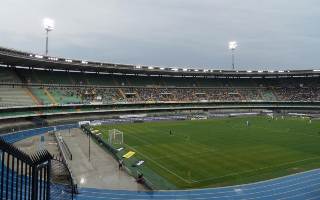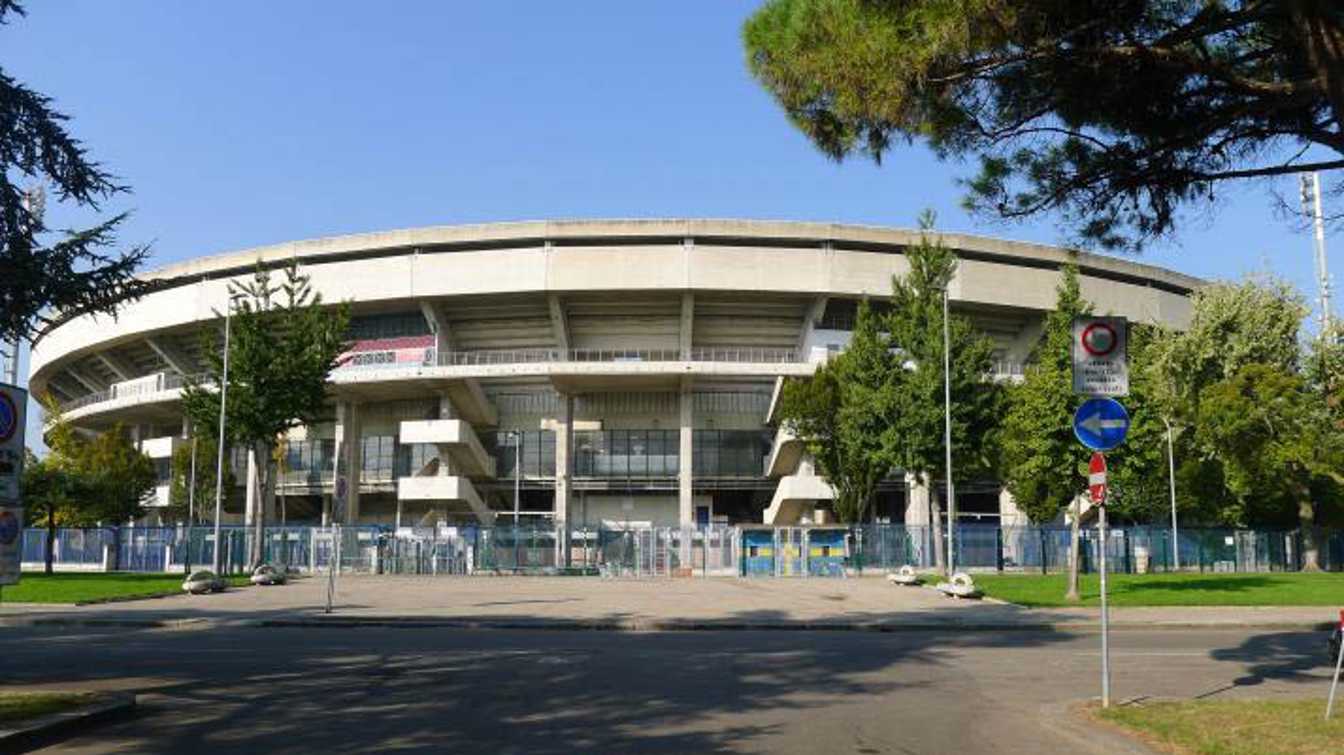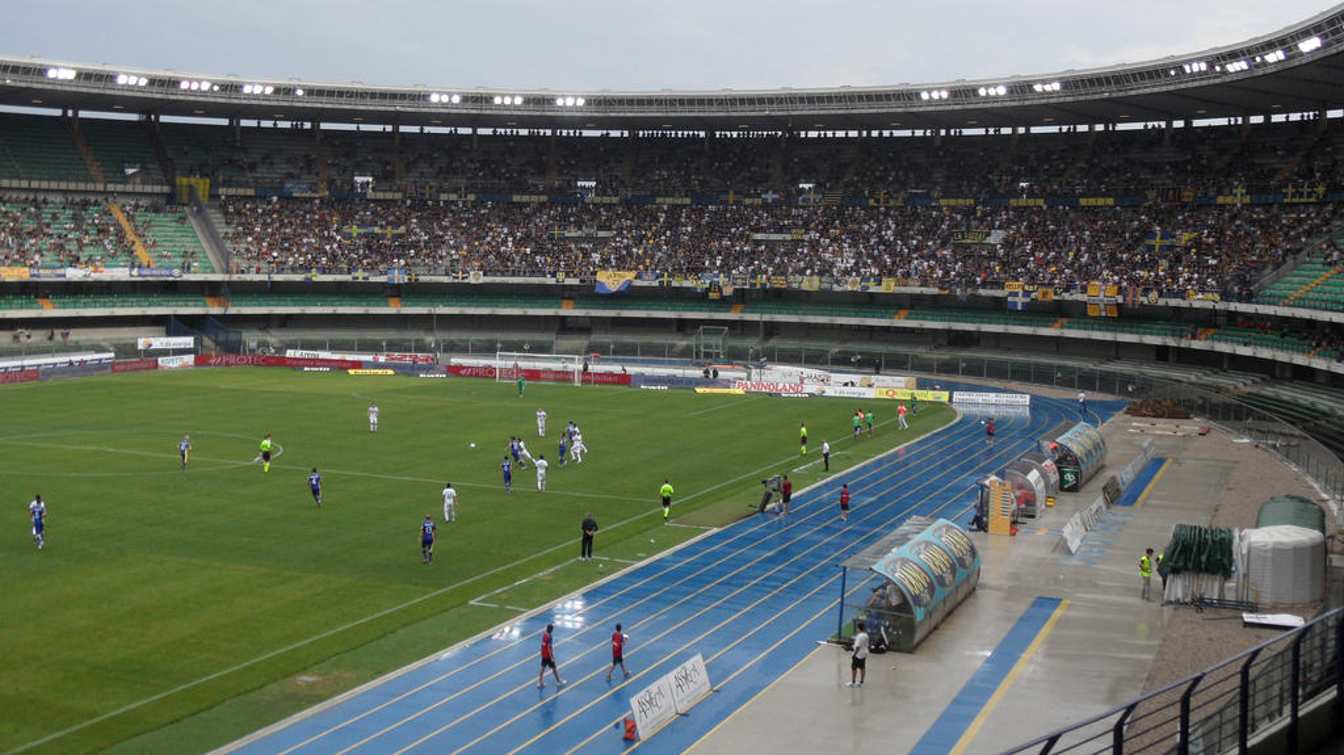Italy: New era of Bentegodi. Rebuilding to host Euro 2032?
source: StadiumDB.com; author: Jakub Ducki
 Marcantonio Bentegodi Stadium, one of Italy's most recognisable sporting venues, will undergo a major upgrade. The announcement was made by mayor Damiano Tommasi, indicating that the aim is to prepare the facility to host the national team during Euro 2032.
Marcantonio Bentegodi Stadium, one of Italy's most recognisable sporting venues, will undergo a major upgrade. The announcement was made by mayor Damiano Tommasi, indicating that the aim is to prepare the facility to host the national team during Euro 2032.
Advertisement
New stadium (and more) for Euros
Marcantonio Bentegodi Stadium, inaugurated in 1963, has served for years as the home of the Hellas Verona club. In 1990, on the occasion of the Italian World Cup, the facility was enlarged, but its current state leaves much to be desired. As Mayor Tommasi points out, the stadium no longer meets modern standards, both structurally and functionally. Therefore, Verona is faced with a choice: upgrade the facility or build a new stadium?
The new stadium, which will be built on the site of the current one, will have a capacity of at least 31,000 spectators. It will be an ultra-modern arena, meeting UEFA's requirements for hosting international football tournaments. The plan is for the stadium to be fully roofed and its pitch to be retractable, which will further enhance the facility's functionality.
Bentegodi Stadium is to become a multifunctional centre. In addition to football, it will be suitable for other sporting events such as tennis, basketball and volleyball. In addition, provision is made for music concerts and other large cultural events. This will enable the facility to be used much more frequently than before, which will contribute to its profitability.
It is also planned to create shopping spaces, bars and restaurants within the stadium, which will be available exclusively for event guests. An important aspect of the project is also to reduce competition with existing catering and retail facilities in the area.
New Bentegodi is also a sustainability-oriented project for the city. The stadium will be located in such a way as to reduce car traffic in the centre of Verona as much as possible. Access to the venue will be mainly from the ring road, which will reduce congestion in the city. Special routes will be provided for pedestrians, cyclists and motorcyclists to facilitate access to the stadium from the centre. In addition, access to the stadium will also be possible on the new trolleybus, which fits in with the policy of promoting sustainable urban transport.
The stadium redevelopment is also an excellent opportunity to improve the road infrastructure in the surrounding area. A detailed study is planned to optimise the traffic system, which will improve safety and traffic flow in the area. The project also envisages the revitalisation of Spianà as an urban park, which will create a new and attractive recreational space for Verona residents.
Such an ambitious project would not have been possible without adequate financial support. Mayor Tommasi stressed that public-private partnerships are a key element for success. Private investors will play an important role in financing the construction of the stadium, thus reducing the burden on the municipal budget.
Where will Hellas footballers play during this time?
Such a major investment as the stadium redevelopment entails finding temporary solutions for the duration of the construction work. Mayor Tommasi has announced that Hellas Verona will be able to play their matches at a temporary facility in Via Fra Giocondo. This stadium, known as the Impianti sportivi Guidotti,
will be able to hold between 15,000 and 20,000 spectators.
Advertisement
 StadiumDB
StadiumDB
